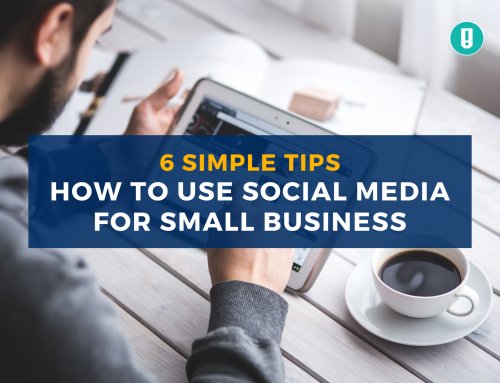According to Forbes, eight out of 10 new businesses fail in the first year, so it’s to be expected that if you’ve launched a new venture that it may take time to get it off the ground. That’s OK, but if you and your family are expecting some return on your investment fairly quickly, it could put you in a tough position.
Many new business owners find themselves needing some protection, which can mean taking a side job so you have steady income and a reliable means of paying the bills. It’s important to have some cushion, so you may need to draw on a specific skill or job experience while you’re burning the midnight oil finding a niche market for your venture and building a clientele.
Figuring things out
It’s not an ideal situation, and surely not what you had in mind when you made the decision to go out on your own. Ideally, you want to start out with a nice hefty nest egg to help you ride through the rough spots. If not, don’t fret. Taking a temporary gig while you’re getting things figured out isn’t all that different than what you probably started out doing, working your normal day job while you lined up your new venture. You were willing to work hard and put in extra hours then; now that you’ve made the leap, you should be even more motivated to see it through. You don’t have to flip burgers or clean office spaces (unless you want to), though many new business experts recommend taking a side job that you’ll hate to motivate you even more to make your new business idea a success.
Sales
Many new business owners come from a sales background. They’re people who were responsible for helping market a product or service and used their experience and ingenuity to turn a new idea into a viable business model. If you have sales experience, you can use that skill set to make money on the side, though you’ll need to avoid situations that require a lot of business travel. Use your network of contacts as you seek opportunities that fit the bill and tap into social media liberally to get the word out and market your skills. In many instances, people use the income they earn from a primary job to build their new idea. This is often an option, though it’s hard work. If not, you can dip back into the kind of work you once did to help make ends meet.
Write about your experience
Starting a new business is always a compelling story, one that people all over the world can relate to. Consider starting a blog on WordPress.com and review resources such as SmartPassiveIncome.com to learn how to make it a source of revenue. And writing a blog doesn’t require you to spend hour after hour at a job site; you can do it at home or at your new business location.
Consider your cost-related choices
There are usually ways to cut personal costs if you’re trying to make ends meet. Get serious with your cell phone provider and let them know you’re going elsewhere if they don’t give you a better deal. Try getting rid of your cable TV service (you could save up to $200 a month) and going to a less expensive option. Also look for other, less obvious ways to tighten your budget so you can invest your cash in your new venture.
If you’re struggling to get the startup capital you need, it’s worth looking into a small loan to help you get off the ground. There are plenty of small business financing options available, so you’re bound to find one that meets your needs and your ability to pay back the debt on the loan. You can look into a creditor like the bank you currently use for your personal accounts, or check out offerings from the Small Business Administration (SBA), which may be able to help you land a bigger loan than through a financial institution.
Finding your niche market
Even if you have a general idea of what you want to do, it’s important to narrow down your focus into a solid plan that will generate revenue. For example, if you want to help people live healthier lives but don’t have a huge desire to offer personal training sessions to clients for 12 hours a day, some of the best business ideas to consider could include selling high intensity interval training (HIIT) equipment or smartwatches with built-in fitness trackers. These types of businesses can be run from anywhere (even home), and because they’re ecommerce-based, your customers have 24/7 access to your products.
Once you’ve identified your niche, determine who you want to do business with and develop a model of who your typical customer will be and of his habits and perspective. Talk to potential customers. Be specific about what you’re selling and how it conforms to your customers’ needs and expectations. Make sure this niche needs and wants what you have to sell, and that you have a point of differentiation, something new to offer. If your expectations, understanding of your customer niche and what you’re offering come together, you’ve got a niche market to focus your efforts on.
Stay true to your original vision. It may need to be tweaked, but don’t allow early challenges to sidetrack what you truly believe. Work your plan!






Leave A Comment